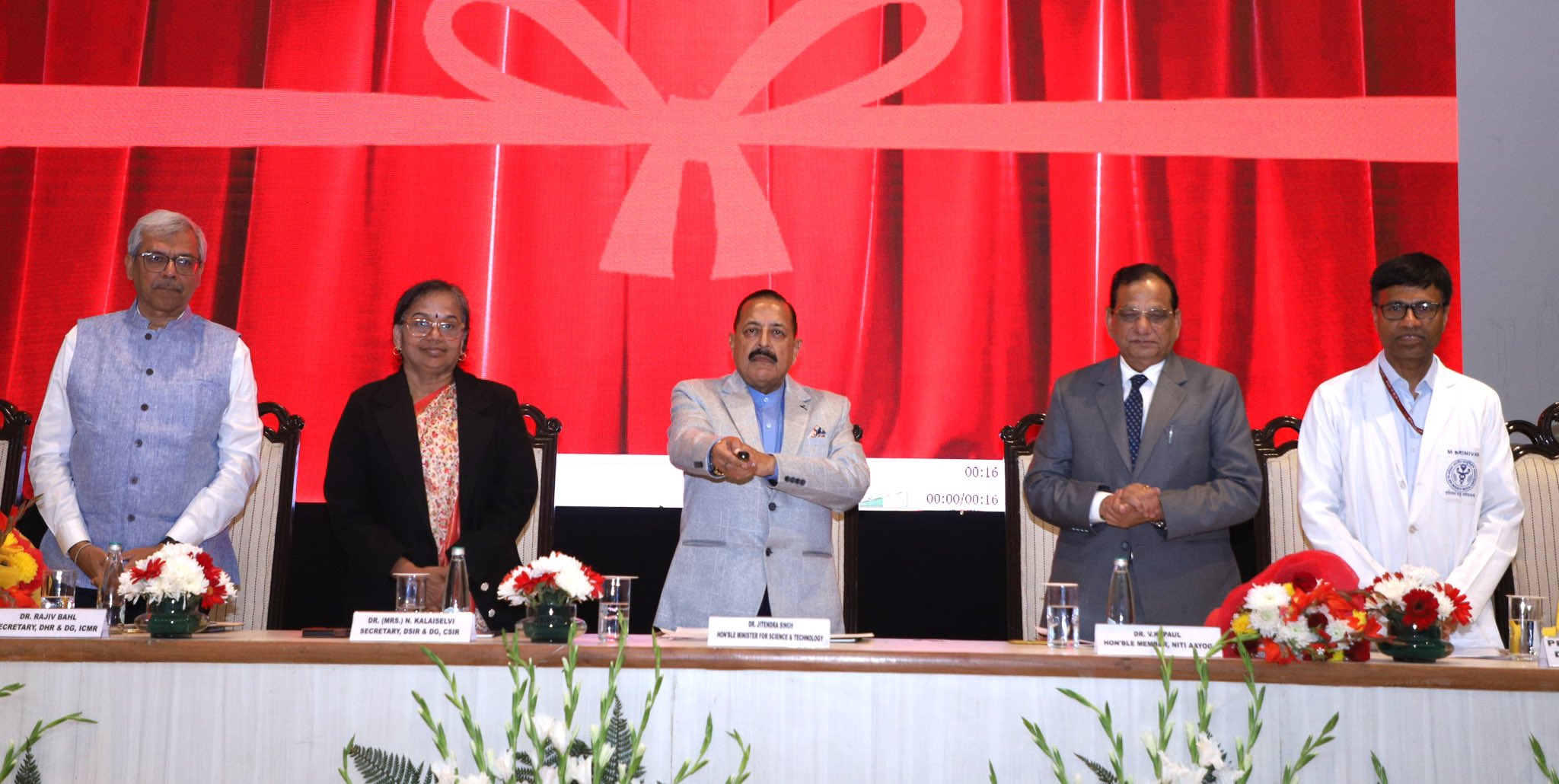Union Minister Dr. Jitendra Singh on Tuesday inaugurated India’s first indigenous Automated Biomedical Waste Treatment Plant at AIIMS New Delhi. The plant, named “Sṛjanam,” was developed by the Council of Scientific and Industrial Research – National Institute for Interdisciplinary Science and Technology (CSIR-NIIST).
Designed to manage biomedical waste sustainably, the plant disinfects pathogenic waste such as blood, urine, sputum, and laboratory disposables without using incinerators. The system also neutralizes odors from waste. The equipment has an initial capacity to handle 400 kg of biomedical waste per day and can process 10 kg of degradable medical waste daily. Full-scale implementation will follow validation and regulatory approval.
Singh emphasized the need for improved waste management systems and noted that improper disposal of biomedical waste poses health risks. He cited a 2023 report from the Central Pollution Control Board (CPCB), which stated that India generates 743 tonnes of biomedical waste daily. The new technology offers an alternative to traditional incineration, reducing risks associated with exposure and environmental contamination.
The “Sṛjanam” technology has undergone third-party validation for its antimicrobial effectiveness. Studies indicate that the treated material is safer than organic fertilizers like vermicompost.
During his address, Singh also mentioned other recent technological developments in India, including the country’s first indigenous DNA vaccine, the HPV vaccine for cervical cancer, and advancements in pharmaceuticals such as the indigenous antibiotic ‘Nafithromycin’ and gene therapy trials for hemophilia.
He highlighted the government’s focus on research and innovation, referring to initiatives like the ‘One Week One Lab’ program, hydrogen bus development, and agricultural advancements by CSIR institutes.
Singh outlined key government priorities within the first 100 days, including the approval of India’s Bio E3 policy, an allocation of ₹1,000 crore for Viability Gap funding for space startups, ₹2,000 crore for Mission Mausam, and ₹50,000 crore for the Anusandhan National Research Foundation (NRF). The Union Budget has also proposed ₹20,000 crore for Bharat Small Modular Reactors (SMRs).




















